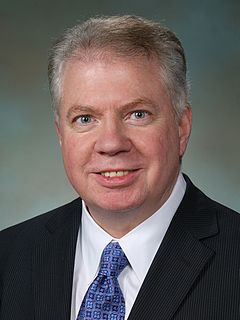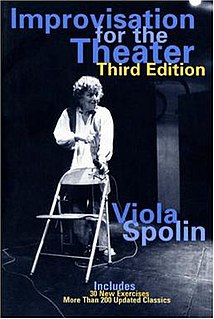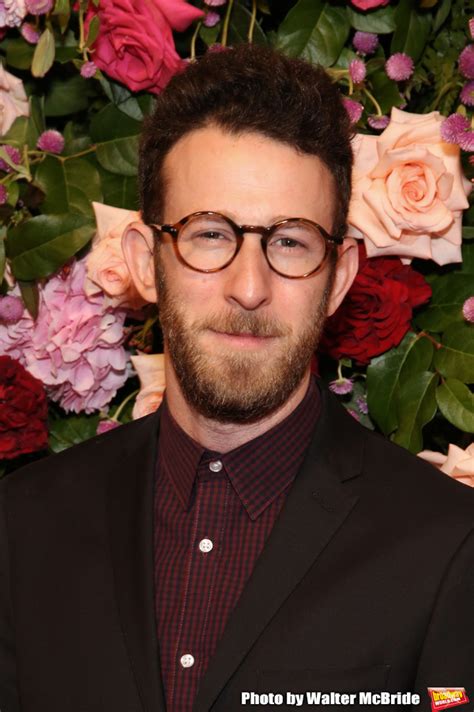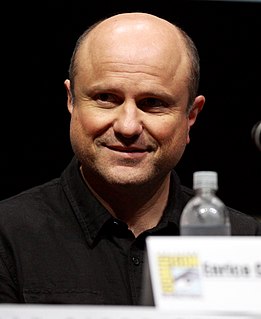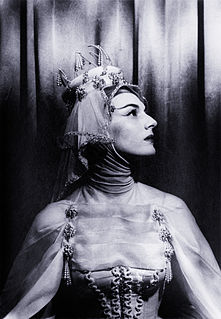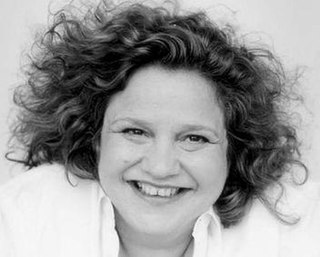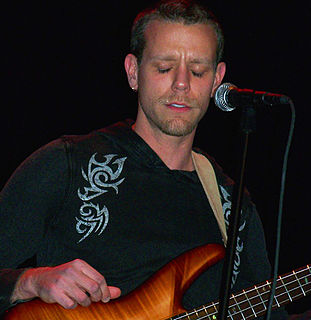A Quote by Diane Paulus
At the core of what I'm doing is a belief in the audience, a belief that populism doesn't mean dumbing down theater, but rather giving the audience a voice and a role in experiencing theater.
Related Quotes
In the theater the audience is generally riveted to a single angle of observation. The movie director, though, can rapidly shift from objective to subjective--and to any number of subjective points of view--and in so doing seem to pull the audience directly inside the frame of his picture, giving the spectator the sense of experiencing an action from the viewpoint of a participant. Identification of the viewer with the film character, then, can be much more intimate than the analogous situation in the theater.
The liveness of theater, and the excitement of experiencing it alongside an audience, is something you can't get at home. That makes the theater more vital than ever. It's definitely expensive, but I have faith that the market will keep recognizing the live experience as a valuable and important one.
Sometimes people hold a core belief that is very strong. When they are presented with evidence that works against that belief, the new evidence cannot be accepted. It would create a feeling that is extremely uncomfortable, called cognitive dissonance. And because it is so important to protect the core belief, they will rationalize, ignore and even deny anything that doesn't fit in with the core belief.
Plays have a celebratory nature that no other form has. Theater always meant celebration, a birthday, a reward for good grades. I felt at home in a theater. I loved being part of an audience. All the rules - the audience has to see the play on a certain date at a certain time in a certain place in a certain seat.
I have a children's theater background, so I grew up performing for child audiences; it's sort of my specialty. I know the child audience pretty well - or felt like I did because I performed for them so much. I studied a lot about the child audience, about theater. So it was naturally a place that I gravitated to.

